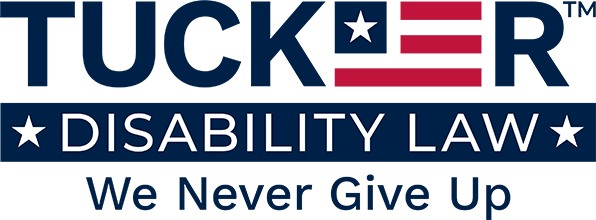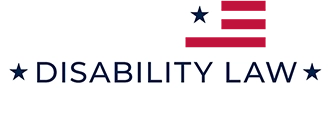Scammers are everywhere, and unfortunately, veterans aren’t immune to being targeted. Fraudulent PACT Act benefits scams are growing by leaps and bounds.
The Department of Veterans Affairs (VA) is warning veterans to be aware of scammers looking to cash in on their PACT Act benefits. Keep reading to find out how to protect yourself from these despicable PACT Act benefits scams.
How To Detect a Scammer
Since the passing of the PACT Act (Promise to Address Comprehensive Toxics), the VA has seen an increase in fraudulent activity aimed towards veterans. While the VA is working hard to prevent these incidents, the veteran is still the best line of defense. Here’s what to look for and what to do next regarding criminal PACT Act benefit scams.
Three Common Methods Used by Scammers
- Mail– If you receive any correspondence from the VA concerning a claim that you don’t remember filing, call the VA directly at 1-800-827-1000 to confirm details.
- Online– Beware of “phishing” schemes. This is where the email address from a scammer looks very similar to a legitimate email address, tricking you into revealing personal information.
- Telephone: Be cautious of telephone numbers on your caller ID. Scammers can change the telephone number (spoofing) to make a call appear to come from a different person or place. When in doubt, hang up and call the VA directly at 1-800-827-1000.
Look Out For These Red Flags
- If you receive an email or letter from the VA notifying you that your direct deposit or your eBenefits account information was updated, and you don’t remember doing so — immediately contact the VA at 1-800-827-1000. Do not ignore the email or letter. It could be your first sign that your information has been compromised.
- The VA will never charge you for processing a claim or request a processing fee prior to releasing benefit payments.
- The VA does not threaten claimants with jail or lawsuits.
- The VA will never ask for your personal information via email or phone. This includes verification of your SSN, address, and/or bank information. The VA only addresses personal information via mailed letters.
Being on the lookout for scams doesn’t make you paranoid. It makes you smart. If you think you’ve been a victim of a scam that is targeting veterans, you can report it to the FCC Veterans Scam Page.
Tucker Disability Law has been serving veterans for over 30+ years, fighting to get them the disability benefits they deserve. If you’ve been denied your benefits, or believe your disability rating is too low, we can help.
Use the blue contact section NOW to call us, live chat with us, or message us using our confidential contact form.







